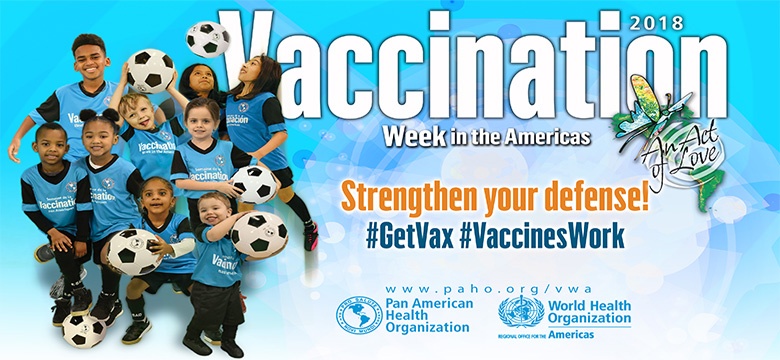
Chief Medical Officer, Cheryl Peek-Ball, MD, MPH today stated, “Bermuda’s public health sector is on a “guarded level” of alert due to the ongoing occurrences of measles in North America, the Caribbean and Europe. Although no cases of measles have been reported in Bermuda since 1990, the threat of a case being imported to the island remains. As a result, the Ministry of Health advises all residents to become informed about the disease, know their risk and take action to prevent this life-threatening, highly contagious disease. Vaccination against the measles virus is the only safe and effective means of preventing the disease.
“All residents are advised to know their immune status and be vaccinated against measles if there is a risk of contracting the disease. Those travelling abroad are particularly encouraged to assure they are immune or to get vaccinated before travel. If you have travelled and become unwell with fever and body rash, it is important to inform your healthcare professional of your travel history. If you suspect you have measles, you should seek telephone advice immediately from your healthcare provider before travelling to the healthcare setting. Measles is a highly contagious respiratory viral illness that has the potential to spread quickly through the air from infected person to others.
“Individuals born before 1957 are considered to be immune due to high circulation of the measles virus in that era. Individuals born in 1957 or thereafter, and are uncertain whether they have been adequately vaccinated against measles should discuss their risk with their healthcare provider. A blood test can determine whether you are immune either due to previous infection or through vaccination. If you are not immune, vaccination against measles offers the best protection. The combined vaccine, MMR (measles, mumps and rubella) is recommended as it is scientifically proven safe and effective against the three components.
“In addition to advising vaccination for all individuals at risk, the Ministry of Health is collaborating with healthcare providers on island to assure that all are on heightened alert to the possibility of measles. A suspected case of measles must be quickly recognized and reported to the Epidemiology and Surveillance Unit (ESU) for prompt public health action to control the spread. Physicians are reminded to immediately report suspected cases of measles to the nurse epidemiologist jdwilson@gov.bm , 278-6503 or 332-8932.
“If you or your child has not been vaccinated against measles, (MMR vaccine) contact your physician or visit the Child Health Clinic located at the Hamilton Health Centre, 67 Victoria Street, Hamilton."
More Information About Measles is available at the following website: https://www.gov.bm/health-data-and-monitoring
Measles is an acute, highly contagious respiratory viral illness that has the potential to lead to major epidemics and severe complications. Measles can cause pneumonia, brain inflammation, ear infections, severe dehydration and death. It is transmitted by airborne droplets or via direct contact with secretions from the nose, mouth, and throat of the infected person. The measles virus can live for up to two hours on a surface or in air space where the infected person has coughed or sneezed (1). Airborne precautions or isolation is necessary to prevent transmission of the virus (1).
The incubation period for measles is 7 – 21 days from exposure to onset of symptoms. The symptoms of measles infection include fever, rash, cough, runny nose and red watery eyes. A rash will appear 2 – 4 days after the onset of the illness. A person is infectious 4 days before and 4 days after the onset of the rash (1).
In addition, to the risk to health and life for the individual who gets measles, even a even suspected case of measles poses a social and economic hardship because of the need for isolation of the affected individual and quarantine of those with whom there has been even minor social contact. Quarantine refers to the isolation of those who may be at risk through exposure but who are not currently showing signs of illness. Quarantine for up to 3 weeks can be required to contain the spread of the disease.
